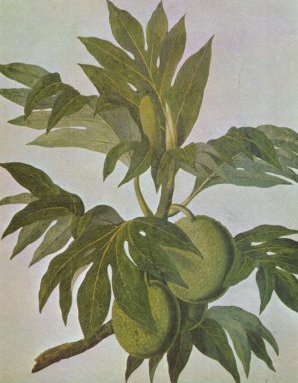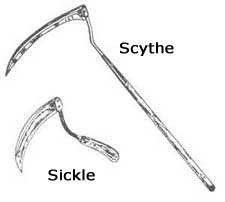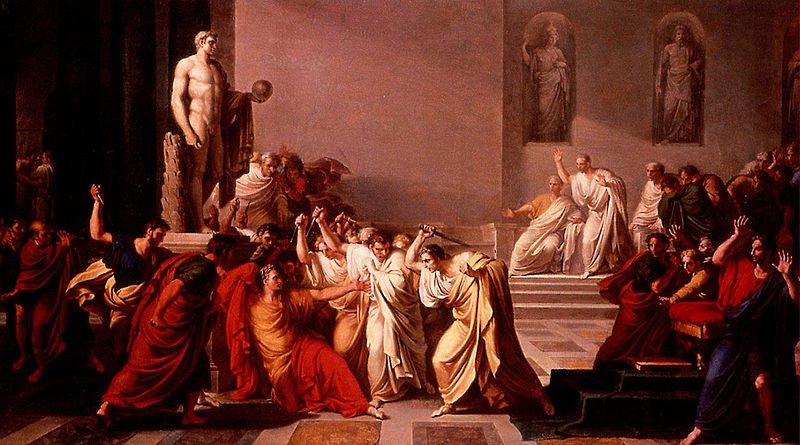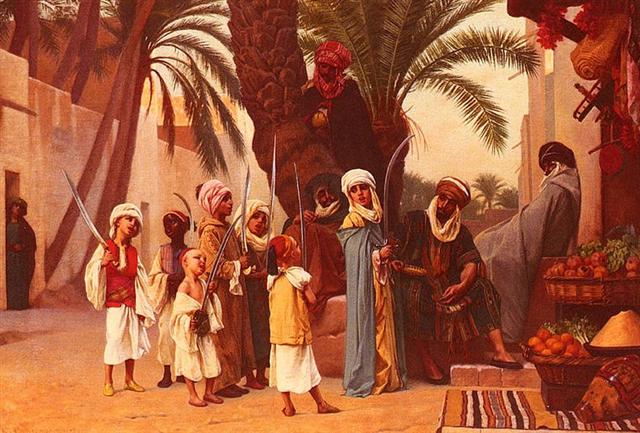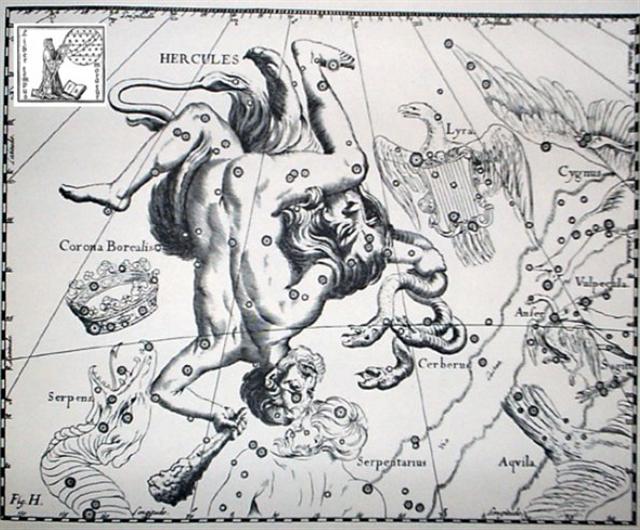13. The Front of the Head of Ku came before the Back of the Head of Ku - he had his head turned around in order to be able to look forward, which means the name Ku (the Prince) here was used for Aries (alias the Hired Man - cfr in the Babylonian sky overview below).
Aries should according to tradition have his head turned around:
Cardinal points were dangerous places and it was necessary to get a Hired Man as stand-in at such a time. ... to enter a war canoe from either the stern or the prow was equivalent to a 'change of state' or 'death'. Instead, the warrior had to cross the threshold of the side-strakes as a ritual entry into the body of his ancestor as represented by the canoe ... ... 'In Upper Egypt', wrote Sir James G. Frazer in The Golden Bough, citing the observations of a German nineteenth-century voyager, 'on the first day of the solar year by Coptic reckoning, that is, on the tenth of September, when the Nile has generally reached its highest point, the regular government is suspended for three days and every town chooses its own ruler. This temporary lord wears a sort of tall fool's cap and a long flaxen beard, and is enveloped in a strange mantle. With a wand of office in his hand and attended by men disguised as scribes, executioners, and so forth, he proceeds to the Governor's house. The latter allows himself to be deposed; and the mock king, mounting the throne, holds a tribunal, to the decisions of which even the governor and his officials must bow. After three days the mock king is committed to the flames, and from its ashes the Fellah creeps forth ... Reversing a head in order to enable its face to look forward was in a way the opposite of turning around to look back in time:
There are signs and there are Signs - normal presentations respectively SHOUTING AT YOU. The reversed bird in Gb8-5 is a Sign which cannot be ignored by any reader. This type of bird (manu rere) is always looking ahead - or nearly so as we can see here. Obviously the reason was its position at FEBRUARY 23, day 54 counted from JANUARY 1: ... The ordinary year in the previous Roman calendar consisted of 12 months, for a total of 355 days. In addition, a 27-day intercalary month, the Mensis Intercalaris, was sometimes inserted between February and March. This intercalary month was formed by inserting 22 days after the first 23 or 24 days of February; the last five days of February, which counted down toward the start of March, became the last five days of Intercalaris. The net effect was to add 22 or 23 days to the year, forming an intercalary year of 377 or 378 days ... ... The leap day was introduced as part of the Julian reform. The day following the Terminalia (February 23) was doubled, forming the 'bis sextum - literally 'double sixth', since February 24 was 'the sixth day before the Kalends of March' using Roman inclusive counting (March 1 was the 'first day'). Although exceptions exist, the first day of the bis sextum (February 24) was usually regarded as the intercalated or 'bissextile' day since the third century. February 29 came to be regarded as the leap day when the Roman system of numbering days was replaced by sequential numbering in the late Middle Ages ... Therefore there was nothing to see ahead, but you could always look back to see what had been in the past. ... For the Maori the past is an important and pervasive dimension of the present and future. Often referred to as the 'ever-present now', Maori social reality is perceived as though looking back in time from the past to the present. The Maori word for 'the front of' is mua and this is used as a term to describe the past, that is, Nga wa o mua or the time in front of us. Likewise, the word for the back is muri which is a term that is used for the future. Thus the past is in front of us, it is known; the future is behind us, unknown. The point of this is that our ancestors always had their backs to the future with their eyes firmly on the past. Our past is not conceived as something long ago and done with, known only as an historical fact with no contemporary relevance or meaning. In the words of a respected Maori elder: The present is a combination of the ancestors and 'their living faces' or genetic inheritors, that is the present generations. Our past is as much the face of our present and future. They live in us ... we live in them ... In rongorongo times April 28 was day 118 counted from January 1 and the reversed manu rere in Gb8-5 was therefore marking the last night in a lunar quarter measuring out 118 = 2 * 59 (= 4 * 29½) nights. 472 / 4 = 118. In Roman times the day at Gb8-5 would have been 'April 1 (91 = 364 / 4). April 28 (118) - 27 = 91 ('April 1). The Prince (Babylonian Ku), the Messenger of Light, the Proclaimer of Dawn, the Leading One, etc., was Hamal, and on Hawaii the name Ku was used for the origin of the nourishing breadfruit tree (Ulu) - the summer light a-head meant food was a-head.
... According to an etiological Hawaiian myth, the breadfruit originated from the sacrifice of the war god Ku. After deciding to live secretly among mortals as a farmer, Ku married and had children. He and his family lived happily until a famine seized their island. When he could no longer bear to watch his children suffer, Ku told his wife that he could deliver them from starvation, but to do so he would have to leave them. Reluctantly, she agreed, and at her word, Ku descended into the ground right where he had stood until only the top of his head was visible. His family waited around the spot he had last been, day and night watering it with their tears until suddenly a small green shoot appeared where Ku had stood. Quickly, the shoot grew into a tall and leafy tree that was laden with heavy breadfruits that Ku's family and neighbours gratefully ate, joyfully saved from starvation ... The Polynesian sea voyagers were in contact with many peoples both in the west and in the east: ... One of the names for east, Makai-oa, was said to be the name of a far eastern land, not an island, which their navigators had visited in ancient times. Tradition called this great land 'the containing wall of the sea, beyond the eastern horizon, a continous land spreading over north, south, and middle, having a marvelous store of all sorts of food, high mountains and rivers'. It was also called Maia-wa (wa being 'space, distant'). This is a clear reference to ancient voyages to the American coast from which the Polynesians are thought to have introduced the sweet potato into the Pacific area. The similarity of Maia to Maya may be more than a coincidence .. Their thoughts must have been influenced by ideas from all over the world. ... Ku was a war god and so was Mars. In an agrarian world the new generation must be based on the old - the 'head' of spring growth is based on the dry old specimens which are buried in the ground. ... Tammuz was a month in the Babylonian calendar, named for one of the main Babylonian gods, Tammuz (Sumerian: Dumuzid, 'son of life'). Many different calendar systems have since adopted Tammuz to refer to a month in the summer season. In the Hebrew calendar, Tammuz is the tenth month of the civil year and the fourth month of the ecclesiastical year on the Hebrew calendar. It is a summer month of 29 days. Tammuz is also the name for the month of July in the Gregorian calendar ...
... The origin of the vision by Spurinna, that Julius Ceasar was doomed to die before the summer year arrived, presumably at the end of the old year, may have been based on his birth month July (Tammuz). Caesar was forewarned of the threat by the prophet Spurinna, who told him that a great threat was coming at Idus Martiae or just before. The day arrived and Caesar was still living, walking to his meeting with the Senate when he happened to encounter Spurinna and told him jokingly that he was still alive. Spurinna calmely answered that the day had yet not ended.
The 'son of life' (Tammuz, Dumuzi, Thamus, etc.) had to die. Obviously there cannot be life without death. ... The father of Aemilianus the orator, to whom some of you have listened, was Epitherses, who lived in our town and was my teacher in grammar. He said that once upon a time in making a voyage to Italy he embarked on a ship carrying freight and many passangers. It was already evening when, near the Echinades Islands, the wind dropped and the ship drifted near Paxi. Almost everybody was awake, and a good many had not finished theire after-dinner wine. Suddenly, from the island of Paxi was heard the voice of someone loudly calling Thamus, so that all were amazed. Thamus was an Egyptian pilot, not known by name to many on board. Twice he was called and made no reply, but the third time he answered; and the caller, raising his voice, said, 'When you come opposite to Palodes, announce that Great Pan is dead.' On hearing this, all, said Epitherses, were astounded and reasoned among themselves whether it were better to carry out the order or to refuse to meddle and let the matter go. Under the circumstances Thamus made up his mind that if there should be a breeze, he would sail past and keep quiet, but with no wind and a smooth sea about the place he would announce what he had heard. So, when he came opposite Palodes, and there was neither wind nor wave, Thamus from the stern, looking toward the land, said the words as he heard them: 'Great Pan is dead'. Even before he had finished there was a great cry of lamentation, not of one person, but of many, mingled with exclamations of amazement. As many persons were on the vessel, the story was soon spread abroad in Rome, and Thamus was sent for by Tiberius Caesar. Tiberius became so convinced of the truth of the story that he caused an inquiry and investigation to be made about Pan; and the scholars, who were numerous at his court, conjectured that he was the son born of Hermes and Penelope ... We can compare with how the life of the son Moku-ola ('the living islet') was dependent on the death of his father. And when the old ruler was sacrificed the instrument of death often was made of iron (the metal of Mars):
Ceasar was stabbed and so was Captain Cook, 'finished' with an iron knife in his back by a representatitive of the native people ...
In the C text the Old Head (the King) was illustrated as a source of growth (tupu) of a tree (rakau) at the time when the Head of the Giant (α Herculi) was at the Full Moon. South of the equator high summer was not in June but in December - the Sun year was 'upside down'.
|
|||||||||||||||||||||||||||||||||||||||||||||||||||||||||||||||||||||||||||||||||||||||||||||||||||||||||||||||||||||||||||||||








